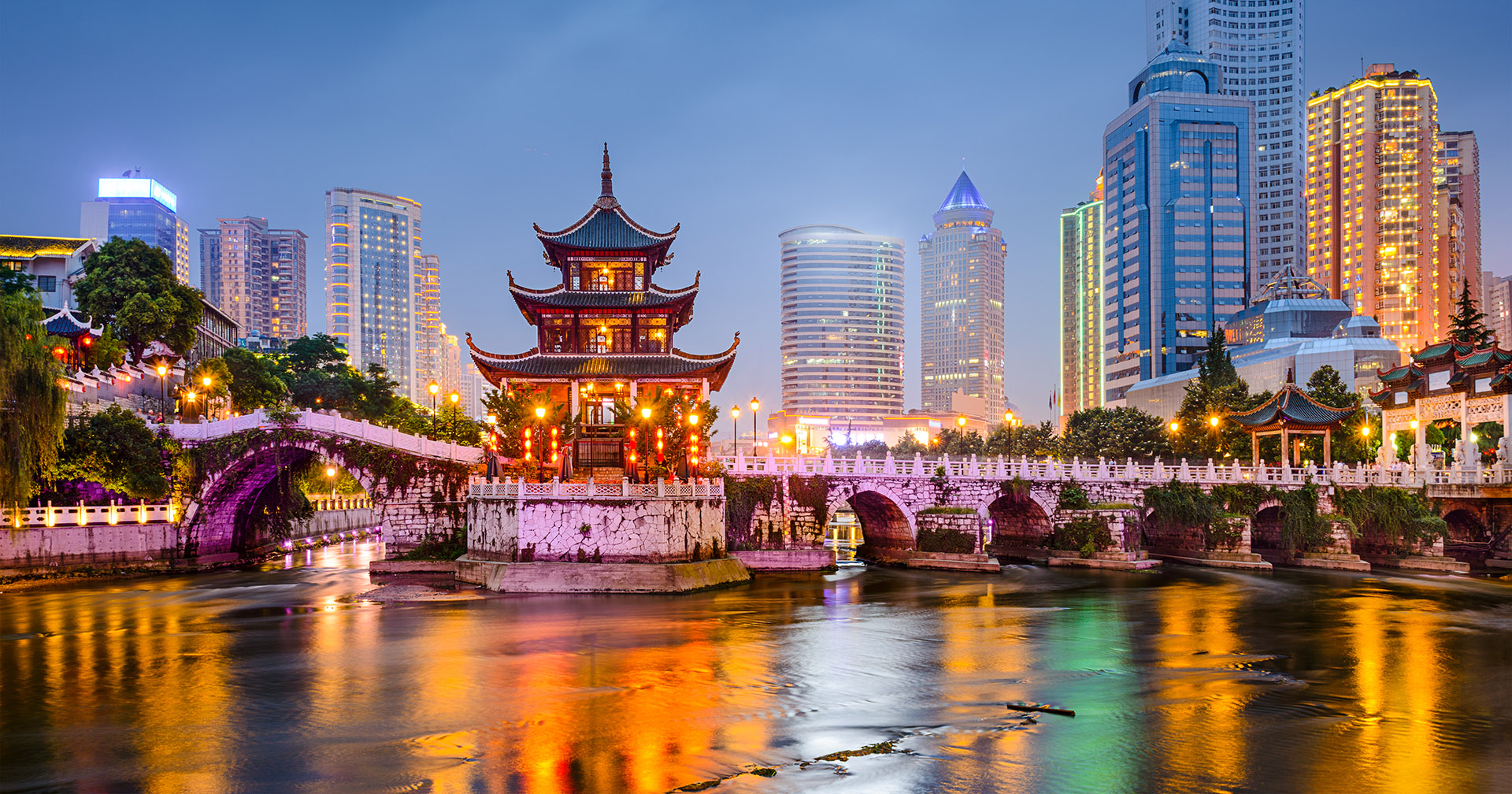
China and Pakistan are strengthening their ties through increased cooperation and cultural exchange, building upon a long-standing friendship. Recent high-level visits and collaborative projects highlight a shared vision for the future, focusing on mutual development and regional stability.
High-Level Exchanges Foster Deeper Understanding
President Asif Ali Zardari's recent visit to China underscores the strong relationship between the two nations. The visit, which included stops in Sichuan Province, Shanghai, and the Xinjiang Uygur Autonomous Region, served as a platform for discussions on expanding cooperation across various sectors. This marks President Zardari's second visit to China this year, demonstrating his commitment to bolstering bilateral relations.
Cultural Initiatives Bridge Communities
Cultural exchange is playing a crucial role in strengthening people-to-people connections. Initiatives such as the Golden Panda International Cultural Forum in Chengdu are fostering dialogue and understanding through art and culture. President Zardari emphasized the importance of these initiatives in promoting mutual learning and countering narratives of cultural clashes.
Several cultural exchanges have gained traction, including the screening of the film "BaTie Girl" in both countries, the Gandhara art exhibition at the Palace Museum in China, and the popularity of Pakistani mangoes among Chinese consumers. Furthermore, Chinese universities are increasingly offering Urdu programs, and a growing number of Pakistani students are pursuing higher education in China. The establishment of the CPEC consortium of universities, with over 130 members, further facilitates academic collaboration.
Technological Advancement and Infrastructure Development
China and Pakistan are actively collaborating on science and technology projects. President Zardari's experience riding the Fuxing high-speed train from Chengdu to Mianyang highlighted China's advancements in railway technology. This has spurred discussions on accelerating the joint construction of the Corridor of Innovation, aiming to enhance strategic cooperation between the two countries.
Several successful projects exemplify this collaboration: * The cultivation of improved rapeseed varieties in Pakistan. * Training programs for Pakistani agricultural graduates in China. * The Orange Line Metro Train in Lahore. * The operational Hualong One nuclear power project in Karachi. * Joint efforts in space technology, including the launch of remote-sensing satellites.
China has expressed its willingness to align supply and demand with Pakistan, aiming to unlock the full potential of the China-Pakistan Corridor of Innovation.
Governance and Economic Cooperation
Exchanges on governance and economic strategies are also a key component of the bilateral relationship. President Zardari's visit to the Memorial Hall of the First National Congress of the Communist Party of China (CPC) in Shanghai provided insights into China's development journey. Both nations are committed to learning from each other's experiences and working together towards modernization.
Shanghai, as China's economic hub, plays a significant role in China-Pakistan cooperation. The China International Import Expo (CIIE) in Shanghai provides a platform for Pakistani enterprises to showcase their products to the Chinese market. Investments like Shanghai Electric's Thar Engro Coal Power Project contribute to Pakistan's energy security and create employment opportunities. Financial cooperation is also deepening, with Chinese financial institutions investing in the Pakistan Stock Exchange. The sister city relationship between Shanghai and Karachi continues to strengthen through ongoing exchanges and collaboration.
Regional Development and Harmony in Xinjiang
President Zardari's visit to the Xinjiang Uygur Autonomous Region underscored the importance of regional development and harmony. The visit coincided with the 70th anniversary of the region's founding. He visited Urumqi and Kashgar, engaging with local communities and observing the region's progress.
During his visit, President Zardari toured the Xinjiang Islamic Institute, interacted with local Muslims, and visited Urumqi's Urban Operations and Management Center. He also offered prayers at the Id Kah Mosque in Kashgar and visited the Kashgar Comprehensive Bonded Zone. He also visited Kashi University, interacting with Pakistani students.
President Zardari expressed his appreciation for the development achievements in Xinjiang, encouraging greater interaction and cooperation between the region and Pakistan. In recent years, Xinjiang has witnessed significant economic growth, improved living standards, and increased tourism. These developments have not only contributed to the region's prosperity but also served as a model for balancing development and security.
A Shared Future Built on Trust and Cooperation
The enduring friendship between China and Pakistan serves as a foundation for their strategic partnership. Through high-level exchanges, cultural initiatives, technological collaboration, and regional development efforts, the two nations are forging a shared future built on trust and cooperation. The commitment to mutual growth and regional stability is a testament to the strength of their ironclad friendship.


No comments:
Post a Comment